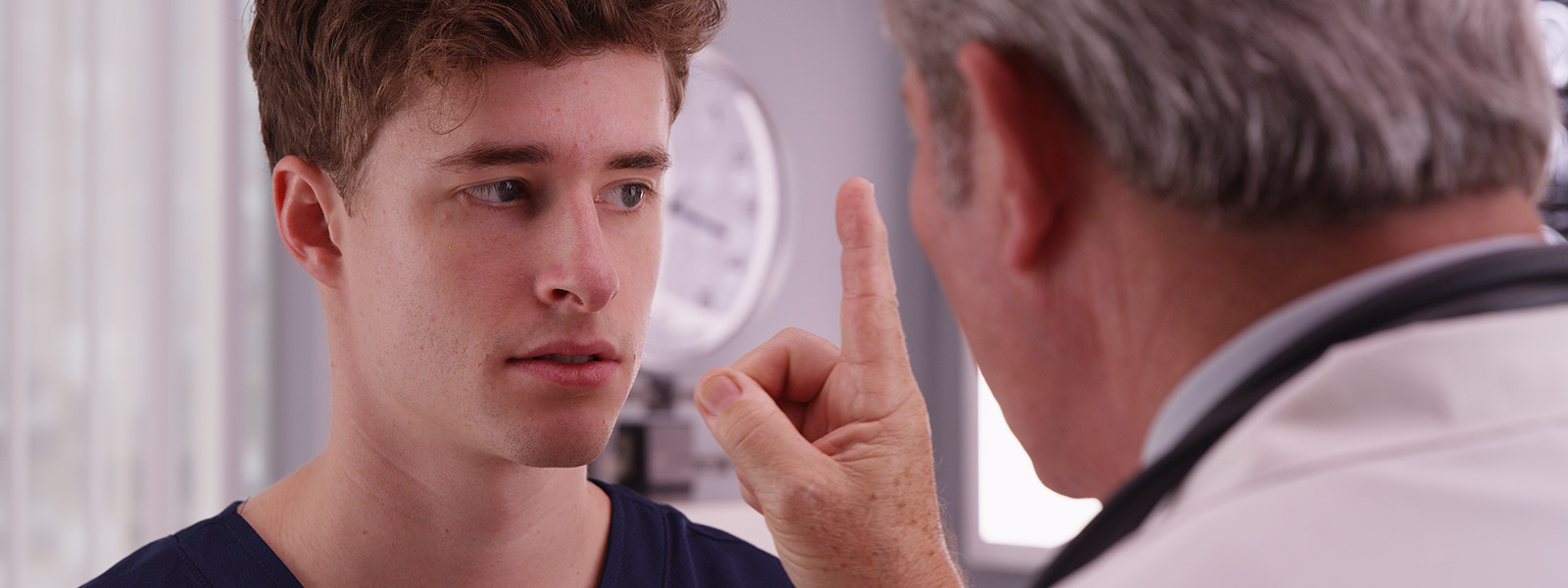Concussion
The Australian women?s T20 cricket team are the newly crowned world champions but for the player of the tournament, Alyssa Healy, it was not all smooth sailing to the finals after suffering concussion when she collided with one of her fellow players in the final pool match against India.
To play in the final?s series, Healy had to prove her fitness in a carefully monitored and controlled assessments from the team?s medical staff.
Historically players with concussion would self-manage or even hide their post-match symptoms in order to be fit to play the next match, however due to the awareness around the long-term effects of concussion, the management of athletes and the return to play protocols are now more rigorous and closely monitored by medical staff.
For Healy to be ruled available for the semi-finals, she was subjected to multiple cognitive tests and a series of progressively intensive physical testing in the days following the concussion that ensured her safe and effective return to play and World Cup glory.

What is Concussion?
Concussion is a common type of brain injury, especially in contact sports, with a rapid onset impairment of neurological function. Typically, concussion resolves in short period of time. Occasionally clinical features may have a delayed onset and evolve over minutes or hours after impact.
How does concussion occur?
Concussion can occur in a number of ways. The most common is a direct blow to the head, either by another object impacting on the head or the head impacting another object causing deceleration (e.g.player?s head hitting the ground hard)
Other mechanisms include ?impulse? force transmission to the head via a blow to the neck or elsewhere on the body.
Symptoms?
Symptoms reflect a functional rather than a structural disturbance of brain function, this includes poor concentration, memory, balance and coordination, as well as symptoms such as headaches, dizziness, light headedness, drowsiness, nausea, head feels like it?s in a fog, feeling slowed down, emotional, irritability, poor sleep, blurred or double vision, and sensitivity to light and noise.
Treatment and Management?
Diagnosis can be difficult; however, the key is effective and managed treatment to prevent further injury. There is evidence demonstrating concussed players that continue to play are at risk of further significant injury both physically due to altered reaction time, coordination, balance and concentration, as well as further neurological deficit which may result in ?second impact syndrome? as a result of loss of the ability of the body to properly regulate blood flow to the brain.
If the athlete is diagnosed with concussion, it is recommended to have physical and mental rest for a period of 24-48 hours. This may include time off school or work, and not undertake any strenuous physical activity or anything requiring elevated cognitive function.
Following a concussion event, once symptoms have settled, appropriate neuropsychological testing should be performed.
Return to Play?
After the initial rest period and if the symptoms have settled, the athlete can then begin light to moderate intensity physical activity, as long as the activity doesn?t cause any reoccurrence of symptoms.
The player should then be started on a graded return to activity program. To begin with non-contact and light aerobic activity, which increases in intensity as the player progresses. For contact sports, the intensity should gradually increase to simulated game contact.
If the player remains symptom free, they may resume normal training with the view to return to play. The minimum time to return to play is usually 1 week. However different sporting codes have different protocols.
It is recommended that athletes under 14 years old do not return to contact sport for a minimum of 14 days after the symptoms have cleared.
At any stage during the monitored return if there is a regression in symptoms, the players activity should be downgraded and be reviewed by a medical professional.
How can SMI help?
Concussion can be a complicated issue to manage and professional medical advice is paramount to ensure a safe return to sports, lifestyle and work.
If you need assistance in dealing with concussion our specialist team comprising of Sport and Exercise Physicians, a Neurologist and a Neuropsychologist are experts in the diagnosis, management and treatment of concussion and return to play clearances, call us on (02) 9525 -3444 to book and appointment.





